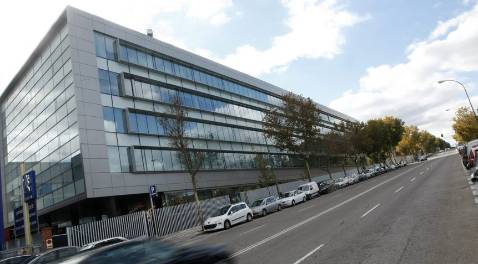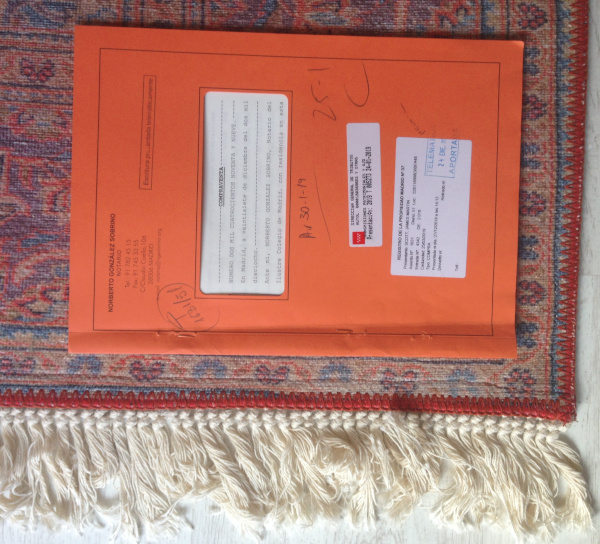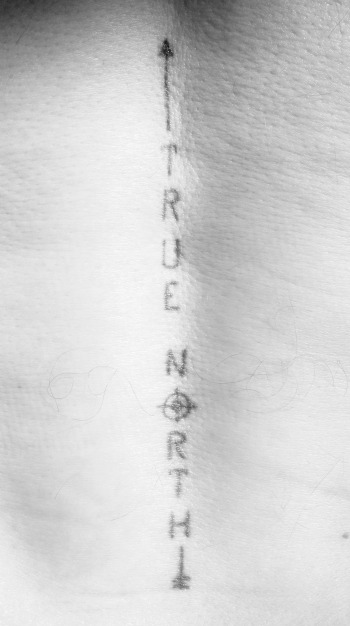Christmas time is here. I am sure there will be many presents given and received. Maybe someone will receive a present of a new wallet / purse to keep all their worldly wealth in. Apparently Scripture seems to be offering two options this Christmas. One that was modelled way back in time set in a garden, and the other proposed by none other than a self confessed ‘chief of sinners’ and called as an apostle.
The two bags are consumerism and contentment.
I have suggested that the original sin is that of consumerism. The garden gives us a very generous setting – eat of all the trees, except for one. Only one tree forbidden! That is minimal restriction, indicating that whatever restrictions we embrace when responding to the call to follow Jesus, the reality is that there is enormous freedom within that call. The language of:
is the language of consumerism, and when set in the context of generosity is appalling, yet this is so common. When one has nothing it is understandable that someone should look and desire and seek to take, but when someone has so much there is that drive to obtain the one thing one does not have. I really need… Really need what? A bigger house, a newer car? We need?
The issue with the advertising world is that it suggests a lack that can only be filled with obtaining of something that we do not have. It comes close to robbing us of our dignity and identity only to sell it back at the price of the product. Consumerism does not open the door to growth because it works on the negative value of discontentment. In the garden there was the possibility of great growth provided we were willing to set contentment boundaries. So to the second money wallet / purse.
I am not saying this because I am in need, for I have learned to be content whatever the circumstances. I know what it is to be in need, and I know what it is to have plenty. I have learned the secret of being content in any and every situation, whether well fed or hungry, whether living in plenty or in want. I can do all this through him who gives me strength (Phil. 4:11-13).
But godliness with contentment is great gain. For we brought nothing into the world, and we can take nothing out of it. But if we have food and clothing, we will be content with that. Those who want to get rich fall into temptation and a trap and into many foolish and harmful desires that plunge people into ruin and destruction. For the love of money is a root of all kinds of evil. Some people, eager for money, have wandered from the faith and pierced themselves with many griefs (1 Timothy 6:6-10).
Contentment is not easy, and certainly comparison often leading to jealousy does not serve us well. Poverty is not seen as a blessing in Scripture, but to confuse financial prosperity with a sign of God’s blessing is likewise to miss the mark. Passivity is not to be equated to contentment, but thankfulness is probably the best and nearest companion to true contentment.
Contentment is the polar opposite to the consumerist spirit of this age. Maybe this Christmas I might just try one more time to look at the gift contentment might be to my soul.
And as I leave this post, I step back in amazement, realising that I was almost reflective in what I wrote.
Happy Christmas one and all!











